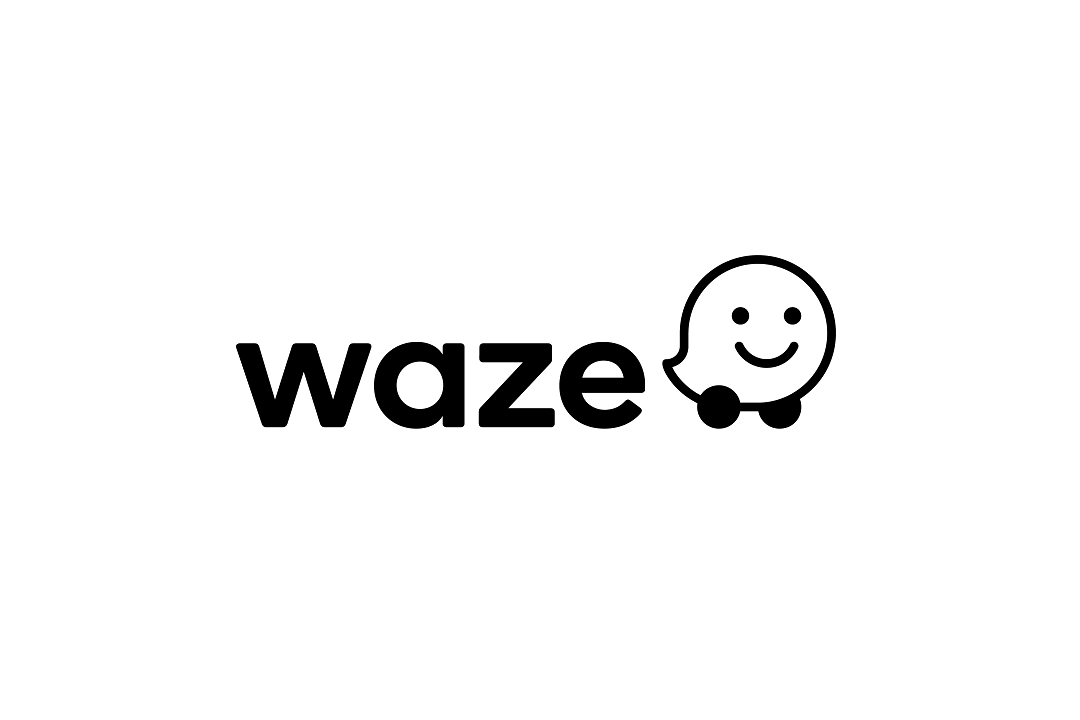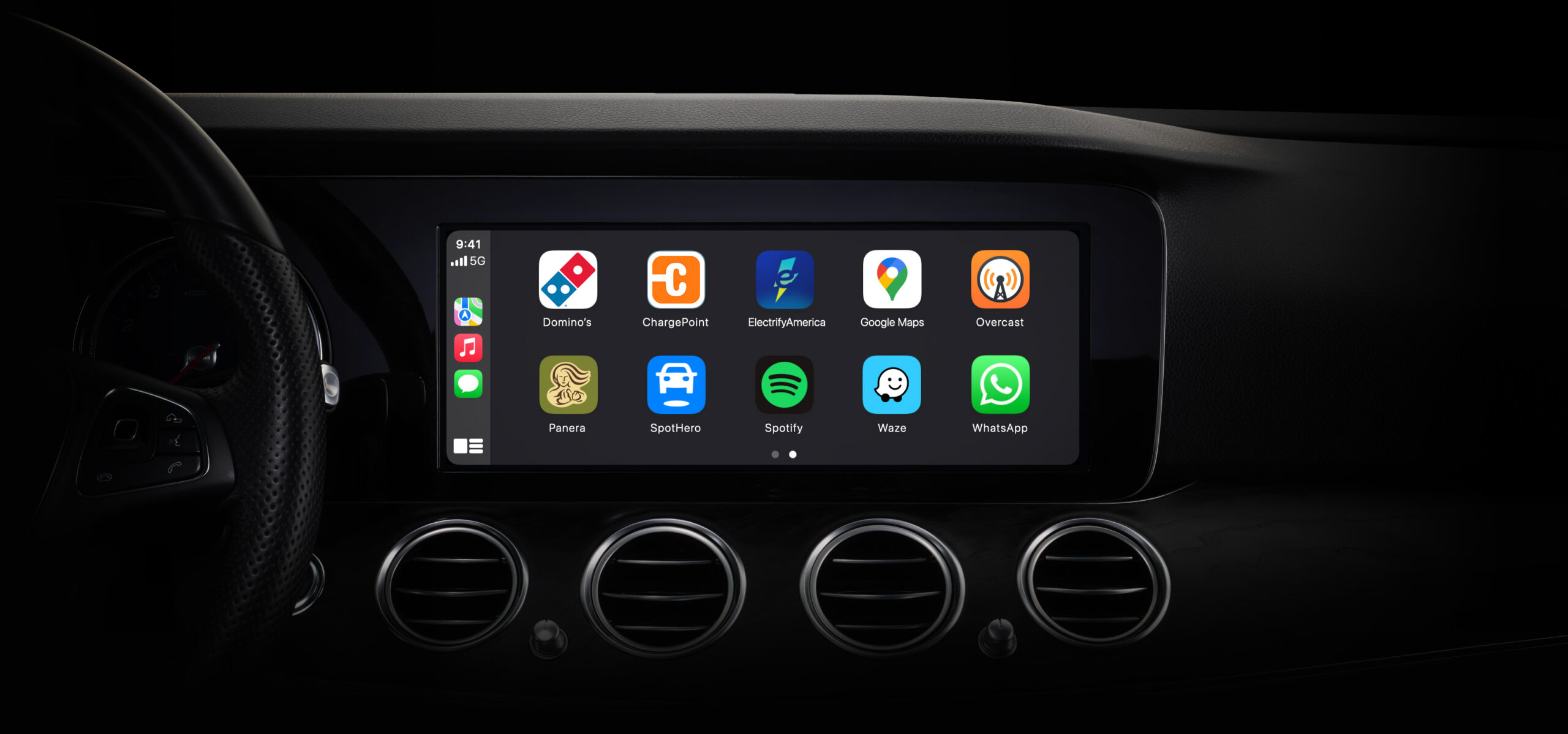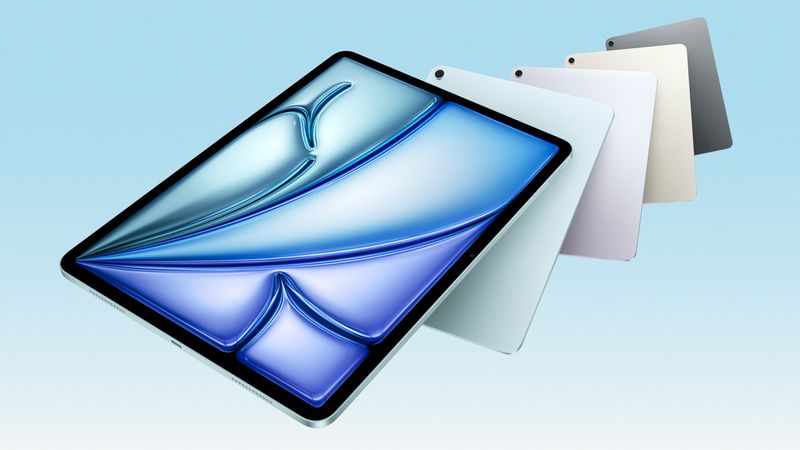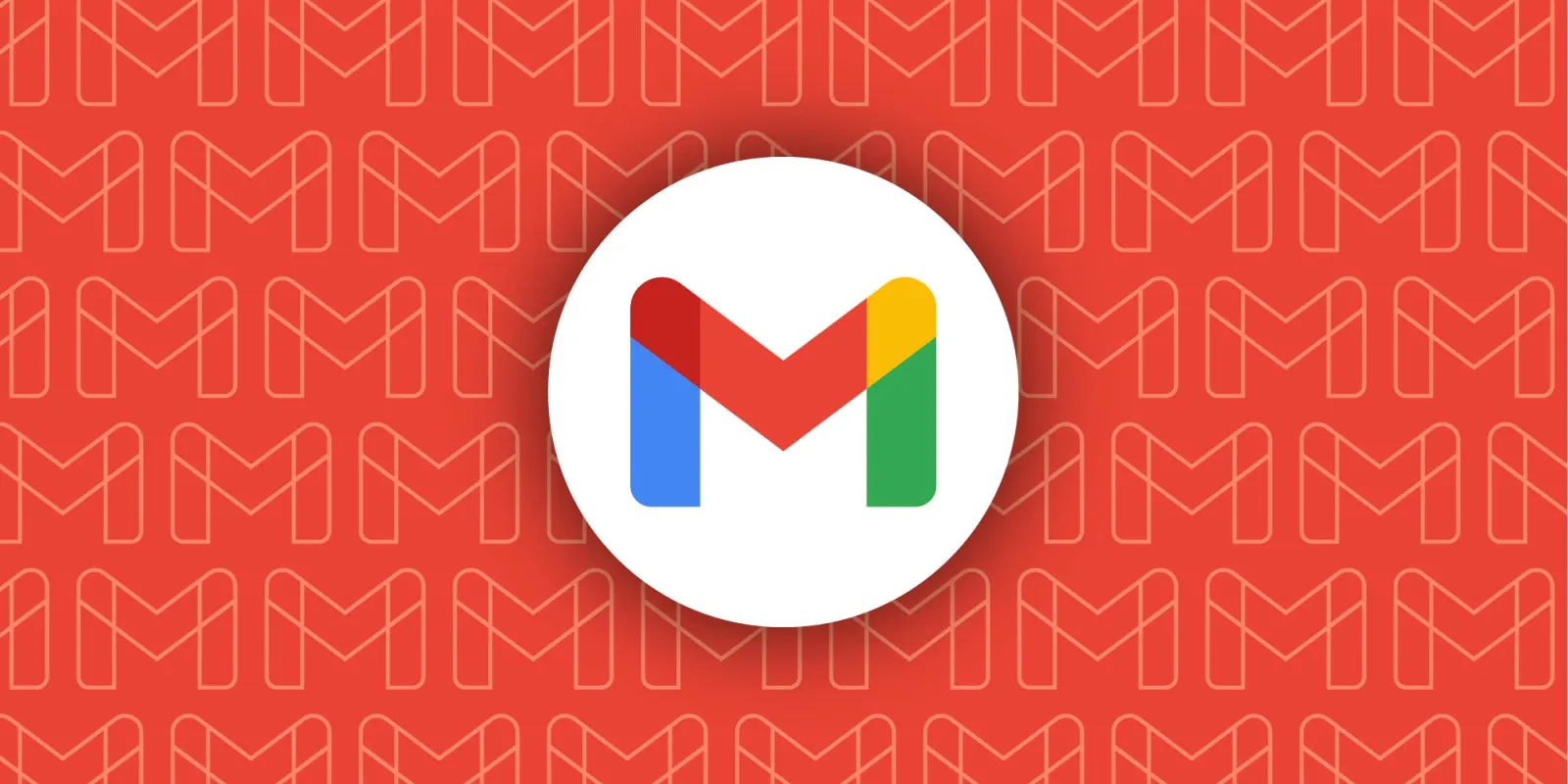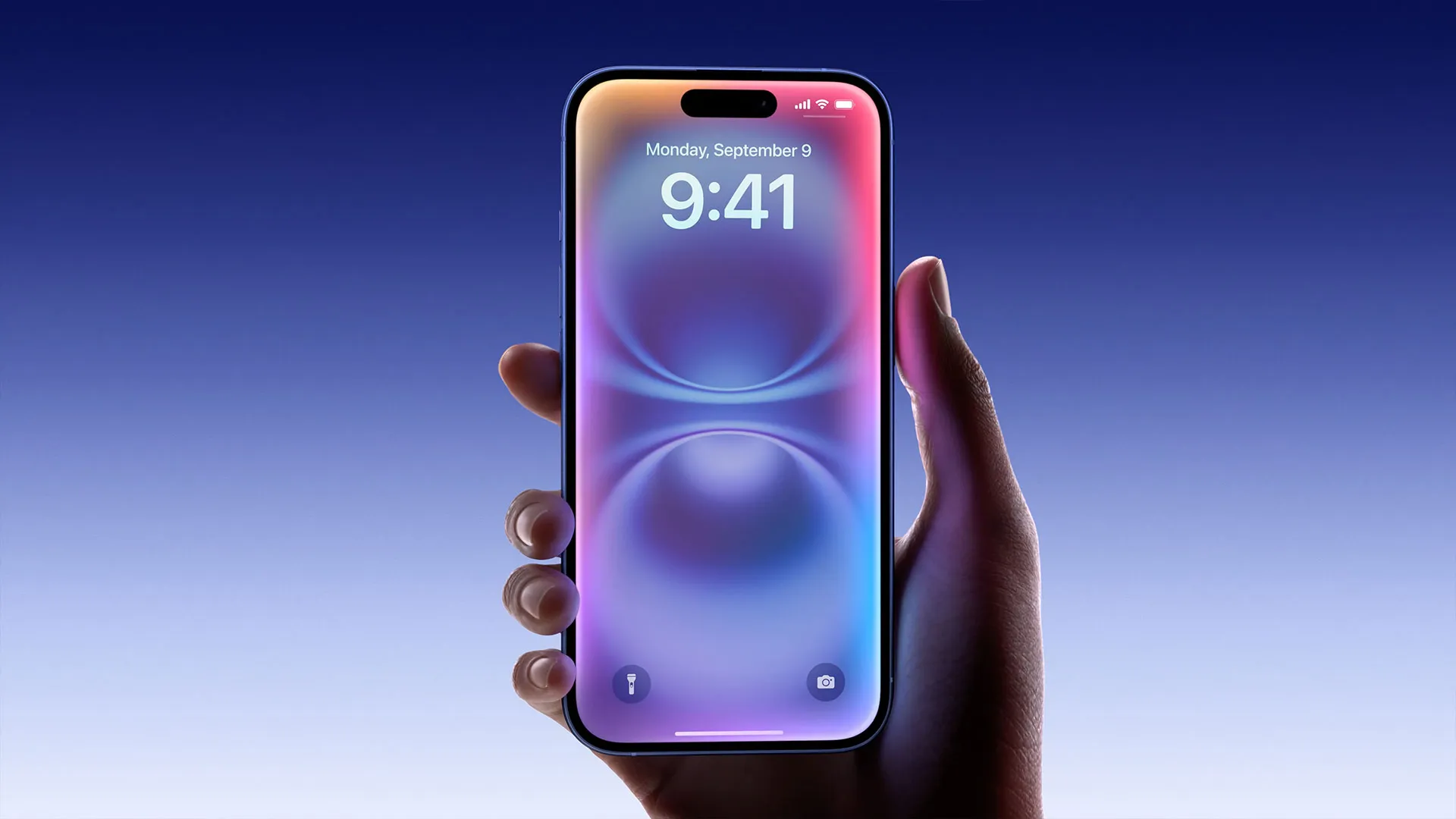Google Maps could soon become the main navigation app for iPhone users in Europe, thanks to new rules. On March 28, 2025, reports hinted that Apple might have to let users pick their default apps more freely in the European Union (EU). This change comes from a law called the Digital Markets Act (DMA), which aims to make things fairer for tech companies and give users more choices.
Right now, iPhones automatically use Apple Maps for directions. But with the DMA, Apple may need to let people choose Google Maps or other apps instead. This would be a big shift, as Google Maps is super popular—tons of people already love it for its easy-to-use features and accurate details.
The EU has been pushing big tech companies like Apple to open up their systems. This isn’t just about maps; it’s part of a bigger plan to stop companies from locking users into their apps. If this happens, iPhone users in Europe might see a pop-up asking them to pick their favorite map app when they set up their phone.
For Google, this is great news. More people might switch to Google Maps, especially since it’s already a top choice on Android phones. Meanwhile, Apple might need to work harder to keep users hooked on Apple Maps. Either way, iPhone fans in the EU could soon enjoy more freedom to navigate their way!

